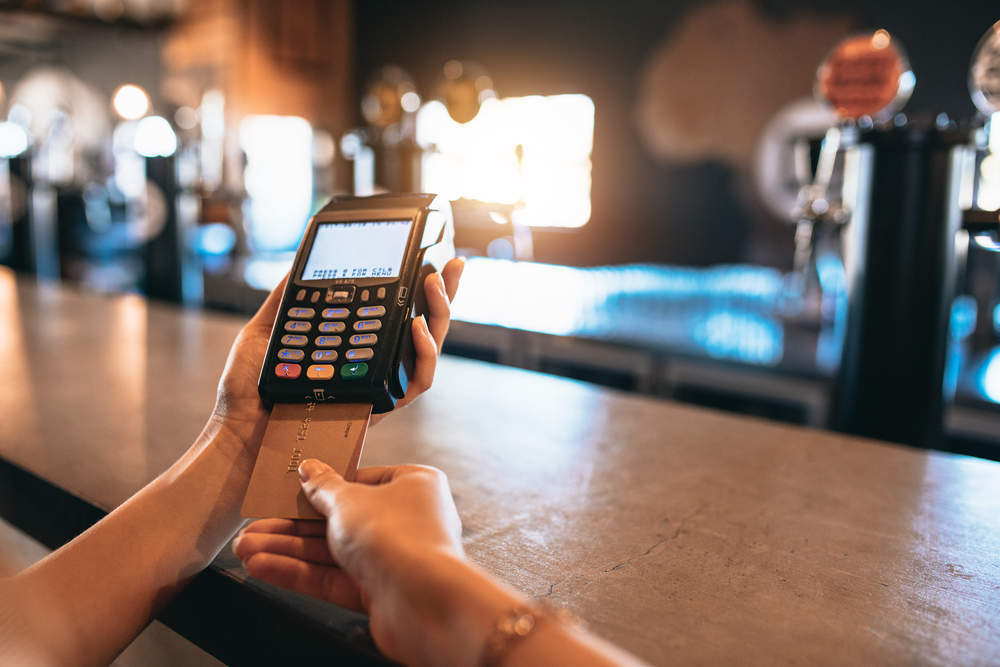
7.4 million people are now living “almost cashless” according to financial institution UK Finance.
In its UK Payment Markets report, UK Finance analysed payment habits in the UK for 2019 and found that card payments accounted for over half of all payments, while cash payments declined by 15%, driven by the growth of e-commerce and the acceptance of card payments by the majority of retailers.
Furthermore, the report revealed that the number of people who do not use cash or use cash once a month has more than doubled in two years, now reaching 7.4 million.
It found that of the 17 billion debit card payments made in the UK in 2019, seven billion were contactless. Remote banking also increased across all age groups, with 72% now using online banking and 50% using mobile banking.
The growth of these payment methods may have “helped prepare customers for the changes they now face due to the coronavirus lockdown” according to UK Finance.
The Covid-19 pandemic has had an effect on UK payment habits, with shops and banks upping their contactless payment limit, and some shops not accepting cash in an attempt to enforce social distancing and limit the chance of the virus being transmitted on banknotes.
According to ATM provider Link, the use of cash and ATMs halved in the days after the UK went into lockdown in March, with all but essential shops shutting.
Cashless society rise amid coronavirus raises concerns for the elderly
Some have predicted that the pandemic could speed up the move away from cash, but others have warned that this could negatively impact those who still rely on cash. According to Which? the move towards a cashless society could be “catastrophic” for the 7.6 million people, with the elderly and those on lower incomes particularly affected.
UK Finance said that it is important the industry ensures that “access to cash remains free and widely accessible for those that continue to need it”, through initiatives such as the Community Access to Cash Pilots.
Ian Johnson, Managing Director of Europe, Marqeta said:
“These findings show that even before Covid-19 struck, digital banking was increasing exponentially. As more people adopt online and mobile banking, the demand for greater personalisation, flexibility and value that consumers expect from their providers will increase. For banks and fintechs, this means they’ll need to quickly launch new services and features to stay competitive and retain customers. Underpinning this will be the need to deliver seamless digital payment experiences. This is where modern payment platforms play a vital role, helping banks and fintechs to rapidly develop and launch new payments services such as digital wallets and ‘cards that think’ to meet rising demand.
“However, it’s important to remember that digital banking apps and services aren’t an option for everyone. Many people are still reliant on cash and their local bank branches. To go cashless, we must educate society to show everyone how to live in a world without cash. Until this has been addressed, going cashless risks leaving the most vulnerable in our society behind.”
Read more: How retail technology can help shops reopen after pandemic closures.







